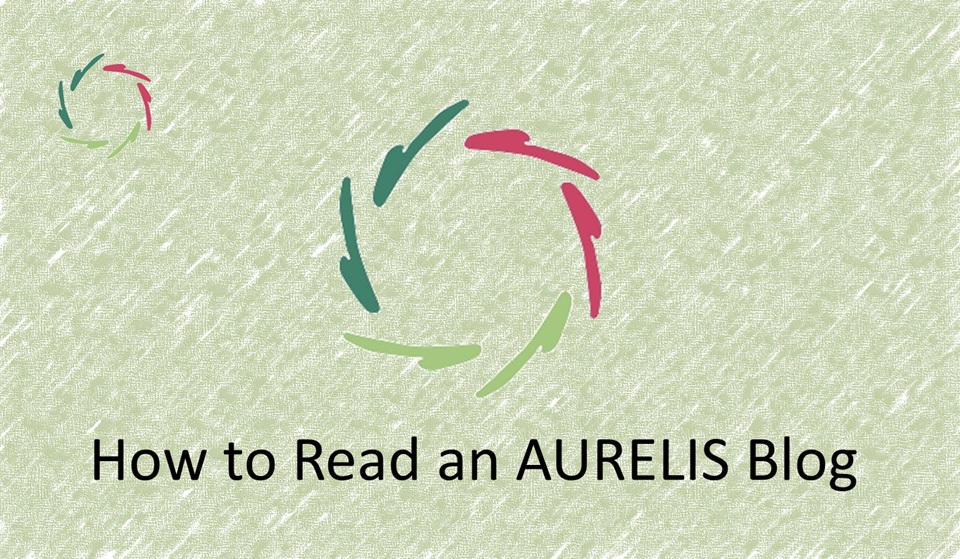To Measure Is to Know?

To measure is to know… but only if you know what you are measuring. If you are confused in this, chances are you end up knowing even less than before.
Western culture seems to be addicted to measuring, whether it be in management or medicine, education or economics…
I see this as part of a wider addiction that needs to be mentioned in this regard: the addiction to superficiality. This is the core of addiction in general: searching at the superficial level what attracts only at the deep level. The superficial level being a surrogate, it will never satisfy. Thus: a superficial circle of more and more at the superficial level.
Getting no satisfaction: sounds familiar.
No satisfaction, or: just a temporary one, not a sustainable one. Thus, superficiality is the prime cause for a general lack of sustainability that we see more and more at the personal as well as the societal level. Quick-fix leading to ever more quick-fix until resources are depleted.
An example: symptomatic medicine
Such as: headache -> painkiller -> readily less headache + a disregard of what lies behind: individual + environment.
One can easily find thousands of example of this principle, inside and outside of healthcare.
A pharmacological study may measure the relative degree of pain relief. This is legitimate since it heightens knowledge about the painkiller medication…
Are you sure?
It depends on what one purports to know as a result of this measurement. There are severe confounding factors, among which those due to effects themselves and side-effects of the medication. All we can say is that in such a study, participants report less pain. About the effects in the real world, we know very little for the main reason that we don’t know what we are measuring.
What we are certainly NOT measuring, is anything related to depth. Thus:
more dark clouds in the sky.
Limiting our knowledge to what is measurable, puts a severe limit on our knowledge as a whole. Saying that only the superficially limited domain is important, amounts to a gross error. Being important is not the same as being measurable!
Yet most experimental science is practically based on this premise.
To know what is knowable – and thus also what is not – is wisdom.
What is most important: knowledge or wisdom?
A future of measurability
The domain of what is knowable, will expand and gain respectability. Good! At the same time, there is danger in this. In principle, the eventually valuable things remain immeasurable. If these are deemed less respectable therefore, we are heading in a wrong direction.
The first question is and will ever be: not what is measurable, but what is deeply important.
What is eventually valuable is not measurable.
In other words: what is measurable is never valuable in its own right.
In other words: we can measure all that is measurable and still we will not have measured anything that is valuable in its own right.
Just try to think of a contradictory example.
The measurable and the immeasurable: both are needed to live.
Without the measurable, we die.
Without the immeasurable, we are dead already.


